Filter by
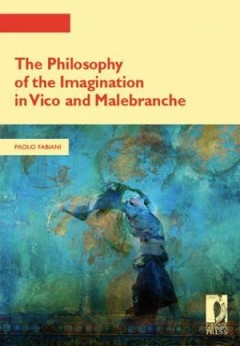
The Philosophy of the Imagination in Vico and Malebranche
This book is a retrospective view of modern philosophical anthropology through the works of two of its greatest exponents. the author demonstrates how mythology, the philosophy of history and language and Vico's concept of man had as a constant referral point Malebranche's psychology with its Cartesian formulation. The idolatrous and mythopoietic imagination that is described in La Scienza Nuov…
- Edition
- -
- ISBN/ISSN
- 9788864530666
- Collation
- -
- Series Title
- -
- Call Number
- -
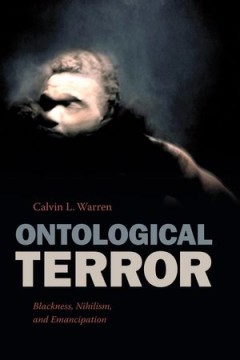
Ontological Terror
In Ontological Terror Calvin L. Warren intervenes in Afro-pessimism, Heideggerian metaphysics, and black humanist philosophy by positing that the "Negro question" is intimately imbricated with questions of Being. Warren uses the figure of the antebellum free black as a philosophical paradigm for thinking through the tensions between blackness and Being. He illustrates how blacks embody a metaph…
- Edition
- -
- ISBN/ISSN
- 9780822370727
- Collation
- -
- Series Title
- -
- Call Number
- -
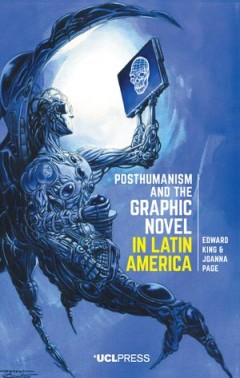
Posthumanism and the Graphic Novel in Latin America
Latin America is experiencing a boom in graphic novels that are highly innovative in their conceptual play and their reworking of the medium. Inventive artwork and sophisticated scripts have combined to satisfy the demand of a growing readership, both at home and abroad. Posthumanism and the Graphic Novel in Latin America, which is the first book-length study of the topic, argues that the graph…
- Edition
- -
- ISBN/ISSN
- 9781911576501
- Collation
- -
- Series Title
- -
- Call Number
- -
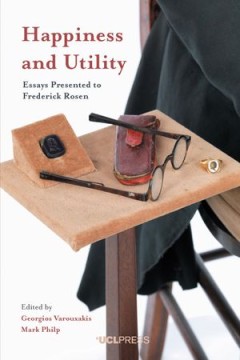
Happiness and Utility
Happiness and Utility brings together experts on utilitarianism to explore the concept of happiness within the utilitarian tradition, situating it in earlier eighteenth-century thinkers and working through some of its developments at the end of the nineteenth and beginning of the twentieth centuries. Drawing on a range of philosophical and historical approaches to the study of the central idea …
- Edition
- -
- ISBN/ISSN
- 9781787350489
- Collation
- -
- Series Title
- -
- Call Number
- -
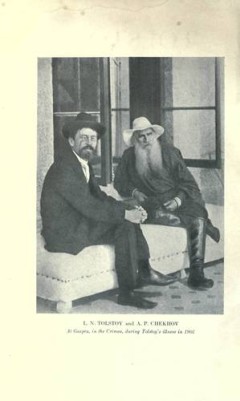
Tolstoy on Art
This book examines the great Russian author's attitudes and philosophy toward artistic expression.
- Edition
- -
- ISBN/ISSN
- -
- Collation
- -
- Series Title
- -
- Call Number
- -
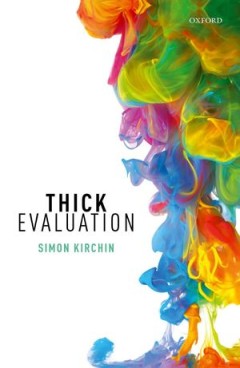
Thick Evaluation
"We use evaluative terms and concepts every day. We call actions right and wrong, teachers wise and ignorant, and pictures elegant and grotesque. Philosophers place evaluative concepts into two camps. Thin concepts, such as goodness and badness, and rightness and wrongness have evaluative content, but they supposedly have no or hardly any nonevaluative, descriptive content: they supposedly give…
- Edition
- -
- ISBN/ISSN
- 9780198803430
- Collation
- -
- Series Title
- -
- Call Number
- -
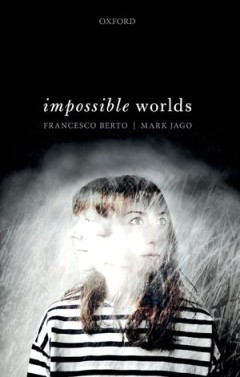
Impossible Worlds
The latter half of the 20th Century witnessed an ‘intensional revolution’: a great collective effort to analyse notions which are absolutely fundamental to our understanding of the world and of ourselves – from meaning and information to knowledge, belief, causation, essence, supervenience, conditionality, as well as nomological, metaphysical, and logical necessity – in terms of a singl…
- Edition
- -
- ISBN/ISSN
- 9780198812791
- Collation
- -
- Series Title
- -
- Call Number
- -
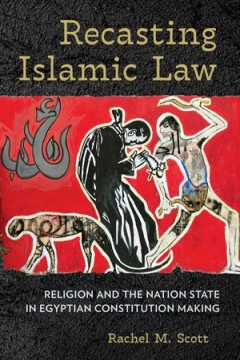
Recasting Islamic Law
By examining the intersection of Islamic law, state law, religion, and culture in the Egyptian nation-building process, Recasting Islamic Law highlights how the sharia, when attached to constitutional commitments, is reshaped into modern Islamic state law. Rachel M. Scott analyzes the complex effects of constitutional commitments to the sharia in the wake of the Egyptian revolution of 2011. …
- Edition
- -
- ISBN/ISSN
- 9781501753992
- Collation
- -
- Series Title
- -
- Call Number
- -
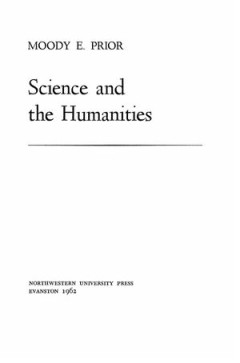
Science and the Humanities
Science and the Humanities contains five lectures concerning the discussion of the relation of science and the humanities, focusing on the work of thinkers such as James B. Conant and C. P. Snow.
- Edition
- -
- ISBN/ISSN
- 9780810138650
- Collation
- -
- Series Title
- -
- Call Number
- -
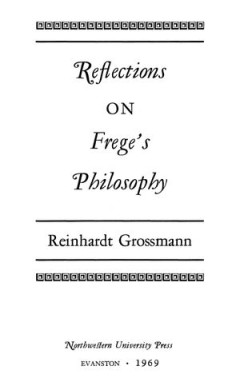
Reflections on Frege's Philosophy
In Reflections on Frege’s Philosophy, Reinhardt Grossmann investigates the most important themes in the philosophy of Friedrich Ludwig Gottlob Frege (1848-1925): his distinction between objects and functions, his characterization of numbers as nonmental classes, his theory of sense and reference, and his ontology of truth-values. Grossmann examines Frege’s solutions to basic philosophical p…
- Edition
- -
- ISBN/ISSN
- 9780810139565
- Collation
- -
- Series Title
- -
- Call Number
- -
 Computer Science, Information & General Works
Computer Science, Information & General Works  Philosophy & Psychology
Philosophy & Psychology  Religion
Religion  Social Sciences
Social Sciences  Language
Language  Pure Science
Pure Science  Applied Sciences
Applied Sciences  Art & Recreation
Art & Recreation  Literature
Literature  History & Geography
History & Geography